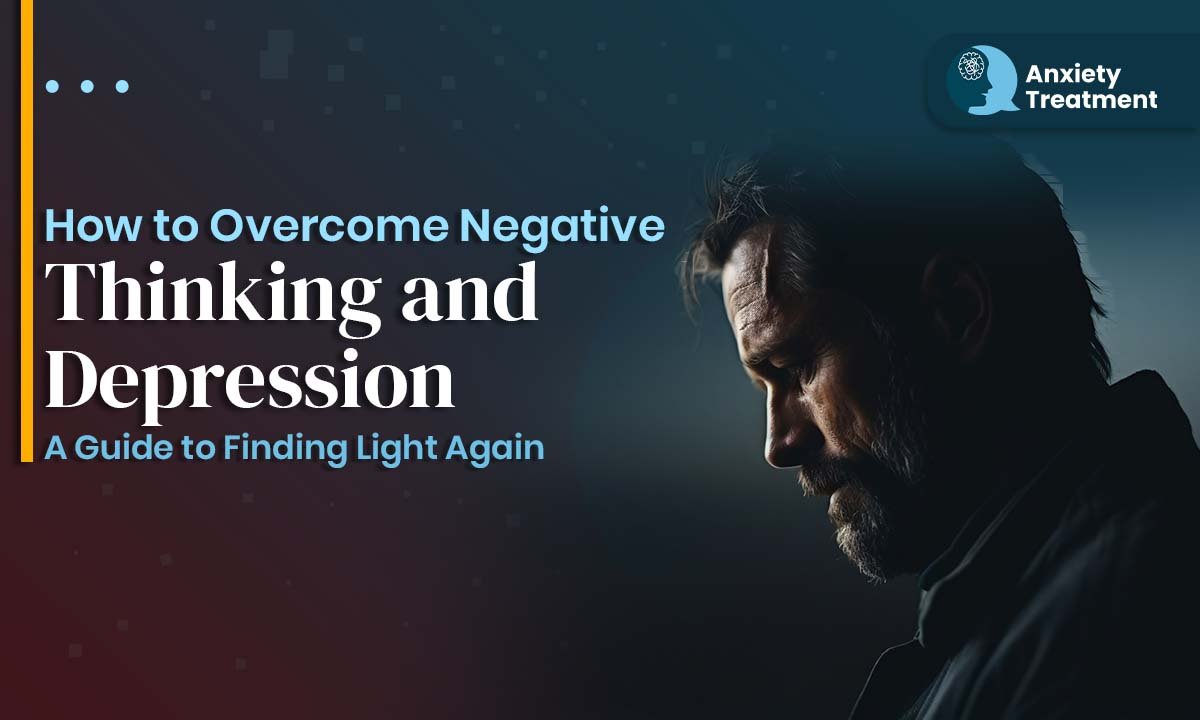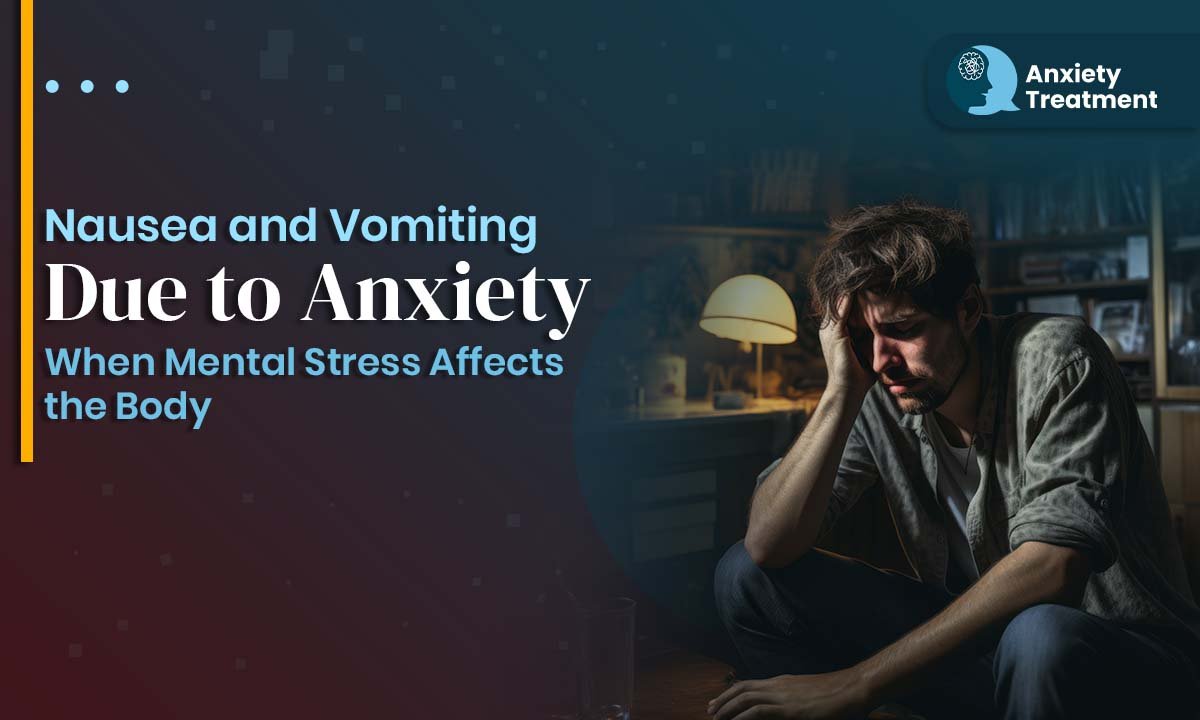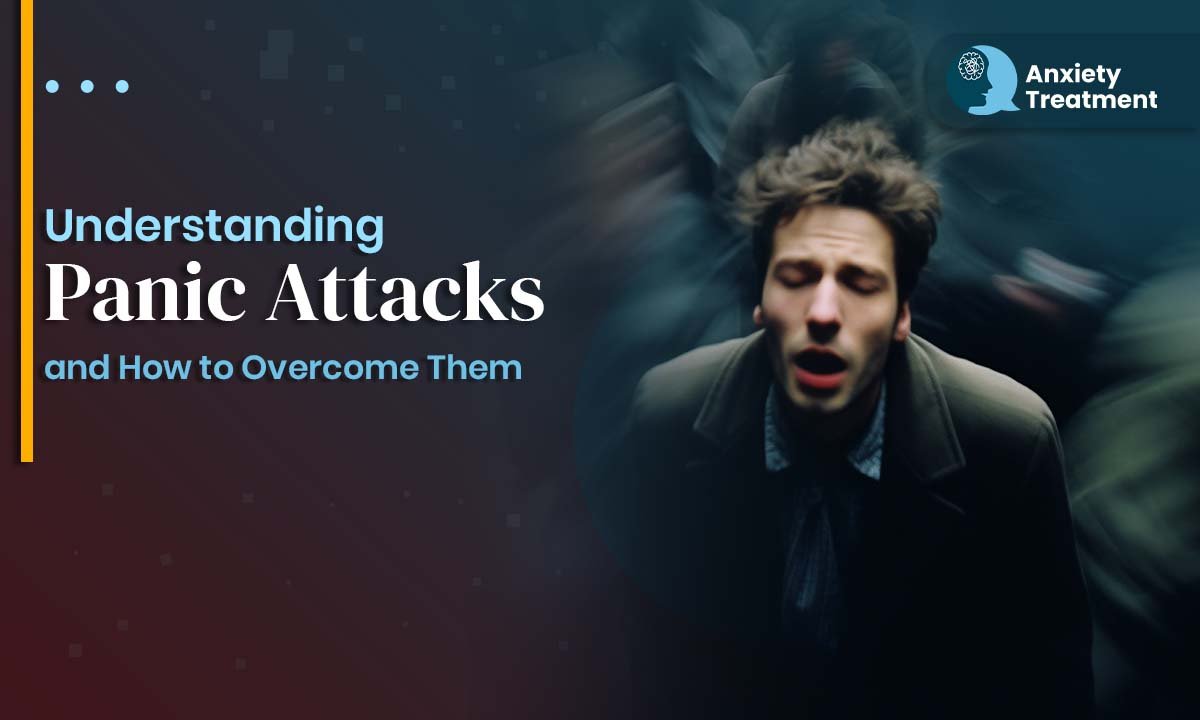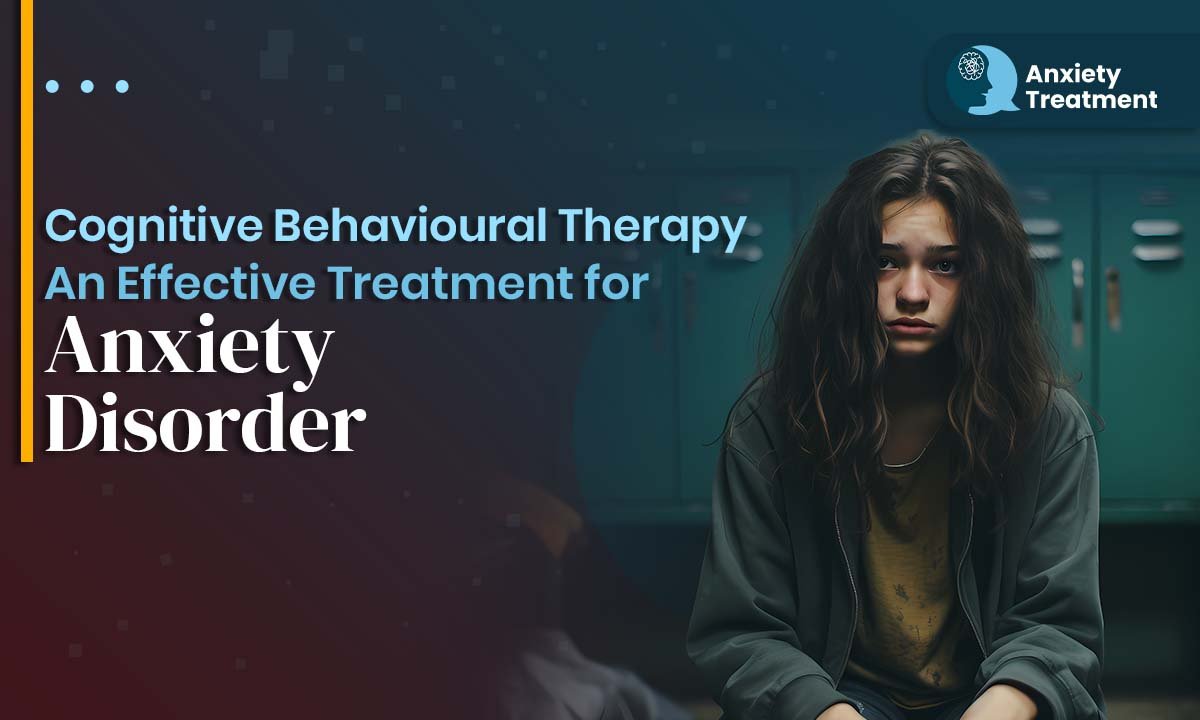We’ve all had those days when everything feels heavy. Thoughts spiral, motivation disappears, and even small tasks feel impossible. If this sounds familiar, you’re not alone. Negative thinking and depression often go hand-in-hand, creating a loop that's hard to break.
But here's the good news: it can get better. With awareness, small steps, and the right support, you can learn how to overcome negative thinking and depression and reclaim your mental peace.
Understanding the Link Between Negative Thinking and Depression
Depression isn’t just about feeling sad—it’s a complex mental health condition that often includes hopelessness, exhaustion, and an endless stream of negative thoughts. These thoughts act like background noise, shaping how you see yourself, others, and your future.
This may include:
- Self-criticism (“I’m not good enough.”)
- Catastrophizing (“Everything is going wrong.”)
- All-or-nothing thinking (“If I fail once, I’m a total failure.”)
- Mind reading (“They must think I’m useless.”)
These patterns not only reflect how you feel—they fuel depression and bad thoughts, keeping you stuck in a loop that’s hard to break.
Step 1: Recognize the Negative Thoughts
The first step in learning how to overcome negative thoughts and depression is awareness.
Start by observing your inner dialogue. Pay attention to the thoughts that pop up when you're anxious, sad, or stressed. You might be dealing with anxiety negative thoughts without even realizing it.
Write these thoughts down. Ask yourself:
- Am I being fair to myself?
- Is this thought based on facts or fear?
- What would I say to a loved one in the same situation?
The more aware you become, the more power you have to change your thinking.
Step 2: Challenge the Inner Critic
Once you spot the negative thought patterns, begin to question them.
Instead of:
- “I always fail.”
- Try:
- “I’ve had setbacks, but I’ve also made progress.”
This is the foundation of cognitive restructuring, a technique widely used in therapy for those dealing with depression and negative thoughts. You’re not lying to yourself—you’re simply learning to see things more clearly and compassionately.
Step 3: Practice Self-Compassion
To truly learn how to overcome negative thinking and depression, you must treat yourself with kindness.
Self-compassion involves:
- Acknowledging that you're struggling without judging yourself
- Recognizing that everyone has tough moments
- Being as supportive to yourself as you would be to a friend
Over time, self-compassion replaces your harsh inner voice with a more balanced, caring one—helping you heal from depression and bad thoughts.
Step 4: Build a Basic Routine
When you’re dealing with depression, even simple tasks can feel overwhelming. That’s okay.
The key is to start small. A basic routine can give structure to your day and help reduce negative thinking and depression.
Include things like:
- A regular sleep schedule
- Daily hygiene (even if it’s just brushing your teeth)
- Light physical movement
- Simple meals
Routine won’t cure depression, but it can create a sense of control and stability, both of which help calm anxiety negative thoughts.
Step 5: Get Moving
Exercise is one of the most effective natural tools for fighting depression and negative thoughts. You don’t need to join a gym or run marathons—even gentle movement helps.
Try:
- A 10-minute walk outdoors
- Stretching in your room
- Dancing to music you enjoy
Movement helps your brain produce mood-boosting chemicals, reduces stress, and clears your head from racing or anxiety negative thoughts.
Step 6: Limit Negative Inputs
Your environment matters. What you watch, read, and scroll through can impact your mood and thoughts.
Reduce exposure to:
- Social media accounts that trigger comparison or shame
- Constant negative news
- Toxic conversations or relationships
Instead, surround yourself with positive, calming, or uplifting content. This helps reduce the mental clutter that contributes to depression and bad thoughts.
Step 7: Connect With Others
When negative thoughts and depression affects the brain, it’s tempting to withdraw—but isolation only makes things worse.
Reach out. Talk to someone you trust or consider joining a support group. Connection reminds you that you're not alone, and that healing is possible with support.
Whether it's family, friends, or a therapist—talking can help untangle your thoughts and ease the emotional load.
Step 8: Seek Professional Support
Sometimes, the most powerful step you can take is reaching out for professional help. Therapists can guide you through practical tools and strategies for managing depression and negative thoughts.
Cognitive Behavioral Therapy (CBT), for example, is especially effective in changing deep-rooted negative thinking patterns. In some cases, medication may also help regulate mood and reduce symptoms of anxiety and depression.
If you’re overwhelmed and unsure where to start, this may be the first and most important step in learning how to overcome negative thinking and depression.
Learning how to overcome negative thoughts and depression is a journey—one that requires patience, effort, and self-kindness. It’s not about “snapping out of it” or forcing positivity. It’s about slowly changing how you treat yourself and think about the world.
With time, support, and small consistent steps, you can move from darkness into light. You deserve peace, healing, and joy.
Athena Behavioral Health: Here to Help You Heal
At Athena’s anxiety treatment centre, we specialize in helping individuals overcome depression, anxiety, and the heavy burden of negative thinking. Our holistic, evidence-based approach treats not just the symptoms—but the whole person.
Whether you’re looking for therapy, structured recovery, or long-term care, our team is here to support you every step of the way.
Take the First Step Today
If you're ready to move beyond negative thinking and depression, we’re ready to walk with you.
Reach out to Athena Behavioral Health—because a brighter, healthier future starts now.







